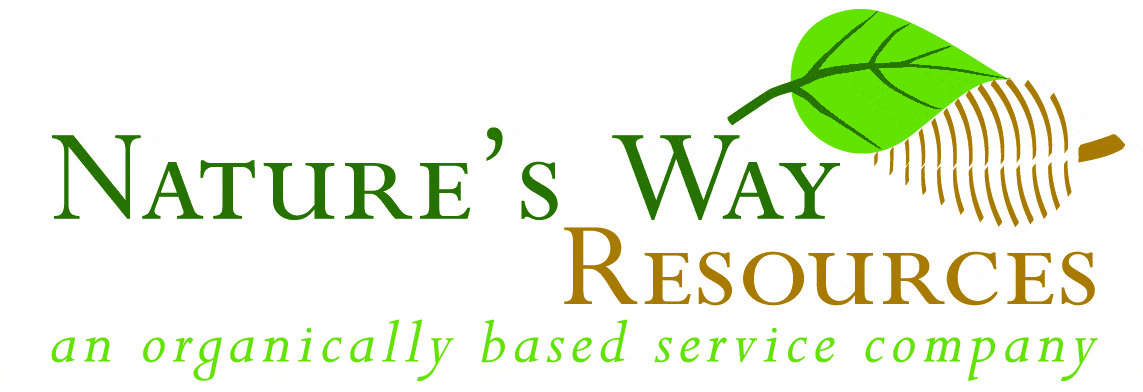Of Earth
By Guest Columnist Bob Dailey, Master Gardener &Water Awareness/Public Education Coordinator The Woodlands Joint Powers Agency
The soil in your garden and landscape should be a living layer of earth. That’s not a platitude – it’s a fact. It should be packed with microbes. A teaspoon of good soil should contain literally billions of beneficial bacteria, thousands of protozoans, and miles of micorrhizal fungi. Billions of bacteria and miles of fungi? In a teaspoon? It may sound like fiction, but it’s true…if you have good soil!
These organisms and larger life such as earthworms create a soil food web, devouring small bits of organic matter in the soil, converting it into nutrients. Plant roots can then take in those nutrients to produce leaves, stems, flowers, fruit and seed. Good healthy plants can fend off disease and destructive insects. The absence of these microorganisms and larger organisms such earthworms, result in compacted, lifeless soil. Lifeless soil, of course, cannot sustain life.
A recent non-scientific study in one Montgomery County community not only indicated that “take-all patch” was common in the sampling, but that all the lawns tested had compacted soil. In fact, a sampling trowel broke during the testing because the soil was so hard.
Solving the compacted soil problem
The absolute best way to give your soil life again is to simply add organic material. You don’t need complicated chemicals and fertilizers. You don’t need “inoculants.” You don’t need humates. All you need is simple organic compost. Organic compost contains all the microorganisms needed to inoculate soil, and also contains nutrient-rich material which will not only decompose slowly, but will also feed all the tiny animals in the soil. Here are some typical ways to bring your soil back to life with microorganisms.
Lawns
Spread organic compost evenly throughout the yard about ¾ inch deep. If you can’t do it yourself, hire a landscape crew to do it. Many of them will also pick up the compost for you as well, if you pay for it beforehand. After spreading, if you feel it looks unsightly, hose it down into the lawn or take a broom and sweep it down. Do this twice a year – once in the mid fall around the end of October or beginning of November. Add it again about mid-April. If you’ve got St. Augustine grass, compost is about all you’ll need. You don’t need to dethatch. If you mulch your grass clippings, you probably don’t need to fertilize. If you’ve got weeds, you don’t need herbicides either. In fact, man fertilizers and herbicides actually kill soil organisms. St. Augustine grass is so aggressive and responds so readily to the microbial-rich compost that in a matter of months it will force out most, if not all, weeds. With a high level of microbes in the soil, the grass will develop deep roots and will become more resistant to insect and disease damage.
For Landscape
Plants Spread compost two to three inches deep around plants about a two foot radius for shrubs and less for perennial flowers. Trees generally do not need to be composted. For beds, spread evenly the same depth. Again, herbicides and pesticides are not necessary and can actually harm the soil organisms.
For vegetable gardens
Spread six inches of organic compost six to eight inches deep throughout the garden. Then either mix it into the soil below or simply leave it on top and set plants in it. Remember that compost is not mulch. They have two completely different purposes. Compost enriches the soil, and feeds all the organisms beneath the surface. It is made of fine particles of decomposed organic material, generally what will fit through a 3/8 inch screen. Many gardeners make their own compost. However, they find they never have enough homemade compost, so they purchase more from a reputable compost provider. In order to find a compost operation near you, see this website: findacomposter.com.
Montgomery County Master Gardeners
We educate the community through fellowship and demonstration using research-based information. For information about plant problems, diseases, insects and other gardening questions, contact the Montgomery County Master Gardeners at 936-539-7824.

